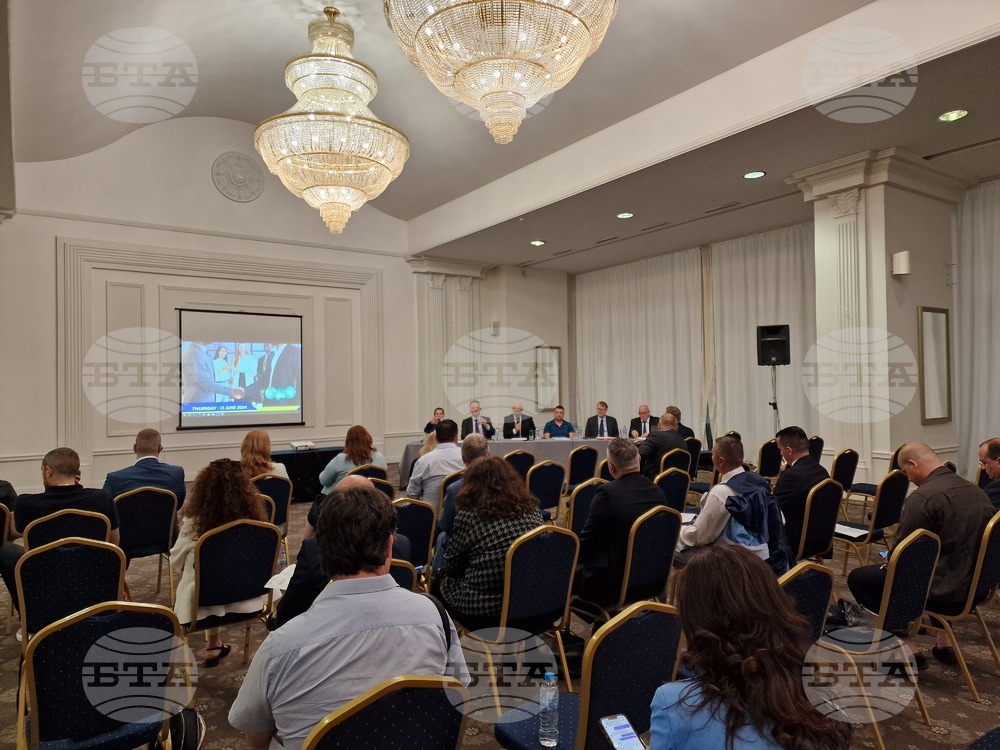site.btaJudicial Officers Examine European Fact-Finding Procedures in Sofia


The President of the Chamber of Private Enforcement Agents in Bulgaria, Georgi Dichev, shared on Friday that judicial officers convened at the International Conference "Judicial Officers as Trusted Third-Party Officers" in Sofia to discuss the application of the fact-finding procedure across European nations. Concurrently, Bulgaria, Kosovo, Albania, Montenegro, and the Republic of North Macedonia marked World Day of the Judicial Officer, celebrating the role of judicial officers in their respective legal systems.
The fact-finding process in European countries involves judicial officers documenting established facts and circumstances following an event, experts explained. They utilise recording devices to capture conditions, events, and sensory details such as images, smells, and sounds, along with online information. This data forms a crucial part of the official record and is admissible as evidence in court, experts further added.
The Vice-President of the International Union of Judicial Officers (UIHJ), Jos Uitdehaag attended the conference and discussed the European approach to the fact-finding procedure. He explained that this method enhances and accelerates the civil process, as it represents a significant economy of time and costs involved in evidence collection during the judicial phase. It also provides courts with direct access to the relevant facts and circumstances.
UIHJ President Mark Schmitz delivered an online address to the conference, emphasizing the crucial role of judicial officers in the judiciary. Schmitz expressed his conviction that artificial intelligence cannot substitute the judicial officer profession.
The President of the Bulgarian Chamber of Private Enforcement Agents (BCPEA), Georgi Dichev, said that 185 private and 210 state judicial officers are operating in the country. Official data from the Ministry of Justice and the BCPEA show that over 90% of creditors opt for private judicial officers over their state counterparts. Specifically, banks and merchants show a 99% preference for judicial officers. The ratio was not as favourable for private individuals, he explained, due to specific regulatory conditions concerning state support payments.
Dichev said that private judicial officers in Bulgaria are subject to stringent oversight by eight institutions, including the Chamber of Private Enforcement Agents, the Ministry of Justice, the Ministry of Interior, the court, the prosecution service, the National Revenue Agency, the State Agency for National Security, and the Commission for Personal Data Protection. The work of these judicial officers generates approximately BGN 1 billion annually, with direct contributions to the state budget around BGN 250-300 million. Additionally, citizens are able recover about BGN 150 million per year, Dichev highlighted.
/RY/
news.modal.header
news.modal.text